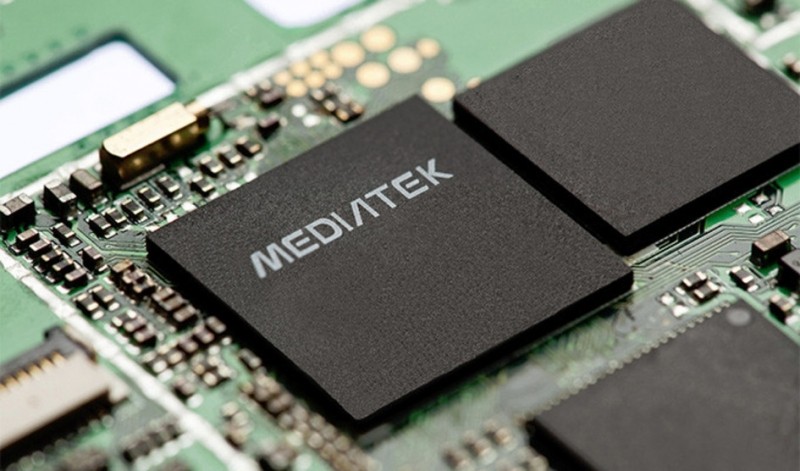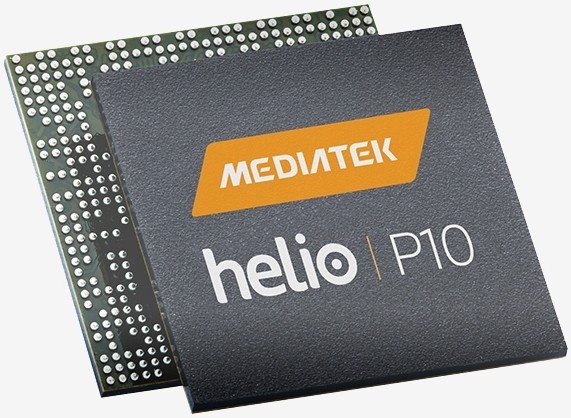
After unveiling its flagship Helio X20 SoC less than three weeks ago, MediaTek is back with a follow-up. The mid-range Helio P10 is a 28-nanometer affair with a core arrangement that should go a long way in preserving battery life.
As you’d guess from a mid-ranger, the Helio P10 is a slightly less powerful chip that relies on just eight 64-bit Cortex-A53 cores clocked at up to 2GHz. It lacks the Cortex-A57 cores of its bigger brother which will make it a bit more energy efficient.

The first chip in the new Helio P family also includes a dual-core ARM Mali-T860 GPU clocked at 700MHz and support for 4G LTE Cat 6 which boasts download speeds of up to 300Mbps down and 50Mbps on the up side.
The P10 will carry a 21-megapixel image sensor and is the world’s first to use the TrueBright ISP engine. According to MediaTek, this enables the RWWB sensor to capture twice as much light as traditional RGB sensors and will help produce images that retain true color and detail, even in low light.
The chip will also support HiFi audio rated at 110dB SNR and -95dB THD which means device makers won’t need to add in an external audio solution.
The semiconductor manufacturer said the Helio P10 will be available to manufacturers by the third quarter and is expected to arrive in consumer products late this year.
https://www.techspot.com/news/60856-mediatek-unveils-helio-p10-octa-core-soc-21.html